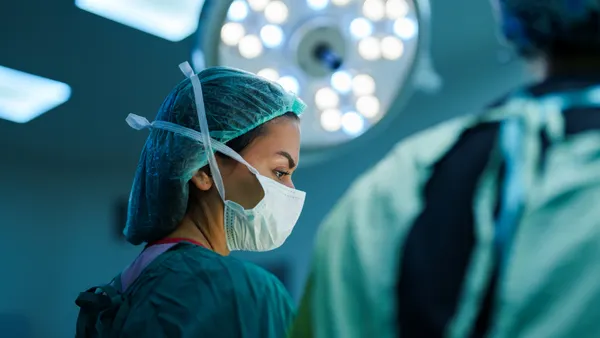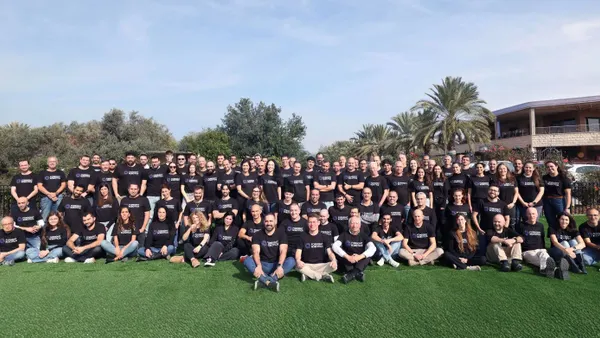Abbott CEO Robert Ford told investors on Wednesday that all four of the company’s major segments are in “stronger shape than we were pre-pandemic,” adding that the company’s plan of taking revenue from COVID-19 testing and investing it back into the business was “absolutely the right strategy here because we believe that these are important areas of healthcare to be in.”
J.P. Morgan analyst Robbie Marcus said in a research note that Abbott’s medical devices and diagnostics segments outperformed analysts’ expectations, offsetting softer quarters in its established pharmaceuticals and nutrition businesses.
Abbott’s medical device segment reported $16.89 billion in sales in 2023, a roughly 14% year-over-year increase.
In particular, electrophysiology sales and Abbott’s Freestyle Libre diabetes devices drove results in the segment. Abbott is facing rising competition in electrophysiology, as competitors introduce new pulsed field ablation treatments, with Medtronic gaining approval in the U.S. in December and Boston Scientific on track for 2024.
“As we look to more PFA systems that will be in the market this year in the U.S. — listen, as I've said, I think it's a great technology,” Ford said. “I think there are some challenges with some of these first-generation products; I do expect there to be uptake and usage of it.”
Abbott has started a study of its own PFA device, called Volt, that it expects to launch in 2026.
In diabetes care, the company reported sales for its Freestyle Libre continuous glucose monitor of $1.4 billion in the fourth quarter, representing 25.5% growth compared to the year-ago period.
Ford described expanded coverage of the devices for people who take basal insulin as a “market expansion opportunity,” while Abbott’s recent efforts to integrate its sensors with insulin pumps, including Tandem’s t:slim X2 pump, as a “market conversion opportunity.”
Diagnostics
Abbott’s diagnostics business declined by about 39% to $9.99 billion in sales in 2023.
The difference was largely attributed to a decline in sales of COVID-19 tests.
In the fourth quarter, Marcus wrote that global COVID-19 testing sales of $288 million beat Wall Street’s forecast of $205 million. Rapid diagnostics were affected by a later flu season, which caused sales of respiratory tests to be lower in the fourth quarter compared to the prior year, Ford said.
The company recently received FDA approval for a new lab automation system, which Abbott is currently selling internationally and plans to offer in the U.S.
M&A plans
Vijay Kumar, an analyst with Evercore ISI, asked about Abbott’s M&A plans, noting the company had a “minimum of $20 billion of firepower,” and that it hasn’t done any large deals in recent years.
Ford said because of Abbott’s organic growth, it can be more selective with M&A. Large acquisitions are “harder nowadays,” he noted.
“I'm not looking to acquire businesses simply to make the top line look good. You know, profitability matters. Earnings matter,” Ford said. “And when you get into these larger-size deals, you have to have very strong conviction and understanding of that to be able to generate those returns.”














